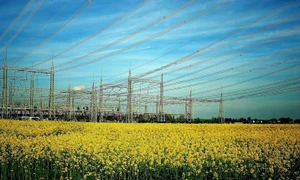
About 68.72% of Swiss people have approved a new electricity law to accelerate renewable energy development. The law provides new incentives to develop PV. New buildings with a construction surface area of more than 300 m² must have solar installations on their roofs or facades.
The cantons can extend this requirement to buildings with surface areas up to 300 m2 in size.
“The Electricity Act creates the necessary foundations for the continued growth of solar electricity production – primarily on buildings and infrastructure, offered by installations with high winter efficiency. Solar energy will thus become the second pillar of Swiss energy supply, alongside hydroelectric energy,” said the Swissolar association in a press release.
Popular content
Hydropower, which accounted for 56% of the generation mix in 2023, has largely decarbonized Switzerland's electricity. This year, Swiss solar will provide 6 TWh of electricity, accounting for about 10% of annual consumption. By 2035, new renewable energy must supply 35 TWh per year, mostly from solar electricity. Swissolar estimates PV will produce 45 TWh per year by 2050, covering about 50% of the nation's electricity consumption.
The new law also supports local electricity communities and expands self-consumption groupings. Distribution network operators must sell more electricity from local renewable sources to their customers.
Switzerland installed more than 1.5 GW of PV systems in 2023, according to figures from Swissolar























